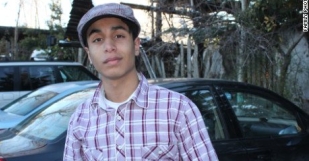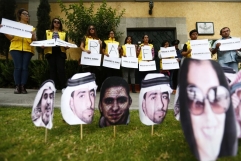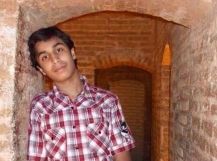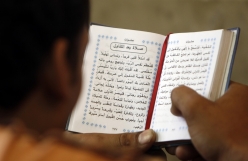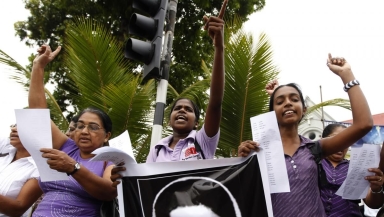
Saudi Arabia has executed at least 151 people this year, the most since 1995 and far above the annual figure in recent years which rarely exceeded 90, Amnesty International said on Monday.
No one at Saudi Arabia's Justice Ministry was immediately available to comment on the surge in the numbers of executions but diplomats have speculated it may be because more judges have been appointed, allowing a backlog of appeal cases to be heard.
Political analysts say it might also reflect a tough response to wars and political turbulence in the region.
The kingdom is in the top five countries for executing people, rights groups say. It ranked No. 3 in 2014, after China and Iran, and ahead of Iraq and the United States, according to Amnesty International figures.
The same five countries executed the most prisoners in the first six months of 2015, Amnesty said in July.
The last time Saudi Arabia executed more than 150 people in a single year was when 192 executions were recorded in 1995, an Amnesty statement said.
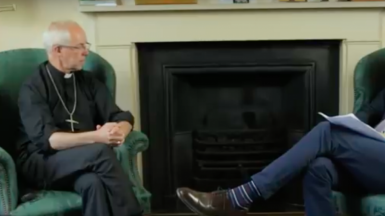
Defenders of the Saudi death penalty say beheadings, usually with a single sword stroke, are at least as humane as lethal injections used in the United States. They deplore any comparison between its executions of convicted criminals and Islamic State's extra-judicial killings of hostages.
Amnesty said the death penalty is disproportionately used against foreigners in Saudi Arabia. Of the 63 people executed this year for drug-related charges, 45 were foreigners. The total number of foreigners executed so far this year is 71.
Foreigners, mostly guest workers from poor countries, are particularly vulnerable as they typically do not know Arabic and are denied adequate translation in court, Amnesty said. Saudi Arabia says it provides fair trials for all defendants.










